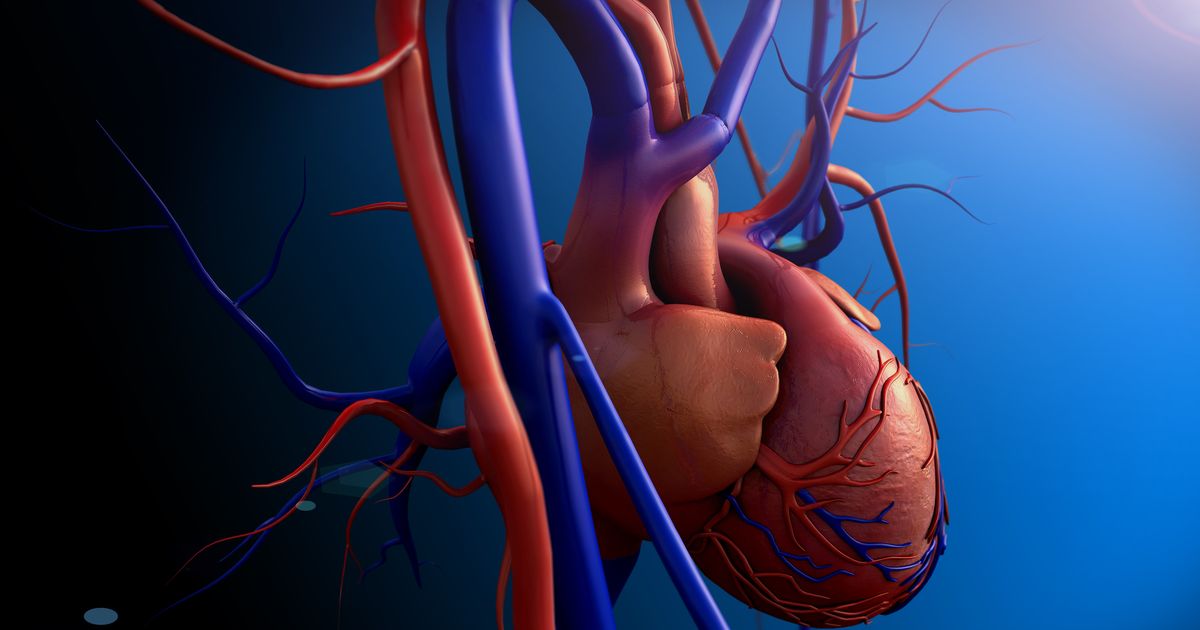How To Spot Fabry Disease
Mitral Valve Prolapse
Mitral valve prolapse is another condition that can occur because of Fabry disease. This symptom happens when the mitral valve's leaflets prolapse into the left atrium of the heart, functioning similarly to a parachute as the heart contracts. This symptom can sometimes cause blood to leak backward and collect in the left atrium of the heart, which is referred to as mitral valve regurgitation. For the majority of individuals, this condition won't be life-threatening and doesn't need any changes in lifestyle or treatment. However, some patients will require some form of treatment. This valve prolapse comes with its own symptoms, though they tend to develop on a gradual basis. You might experience an irregular or racing heartbeat, along with lightheadedness and dizziness. In addition, it's common to see shortness of breath and difficulty breathing, often when an individual engages in physical activity or lies flat. Fatigue is the next most common symptom, followed by chest pain unrelated to coronary artery disease or a heart attack.
Learn more about the signs of Fabry disease now.
Back Pain

Back pain is one of the types of pain individuals with Fabry disease may experience. It's most common to experience this pain during episodes called the 'Fabry pain crisis.' These episodes involve acute and agonizing pain that begins in the hands and feet and then radiates inward toward the spine. These episodes might last for just a few minutes, or they may last for several days.
In many cases, a Fabry pain crisis will be the first symptom noticeable enough for an individual to seek treatment for the disease. Pain episodes might be triggered by stress, fatigue, exercise, illness, or changes in the weather. Also in some cases, the pain can be accompanied by a fever, which can lead it to be diagnosed as rheumatic pain. In addition, individuals might experience these pain episodes as a type of abdominal pain that becomes misdiagnosed as a renal issue or appendicitis. Some Fabry patients find the frequency and intensity of their pain episodes will lessen as they age into adulthood, while others find adulthood further aggravates their symptoms.
Get to know another symptom of Fabry disease now.
